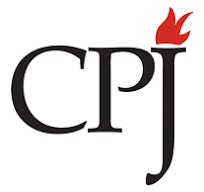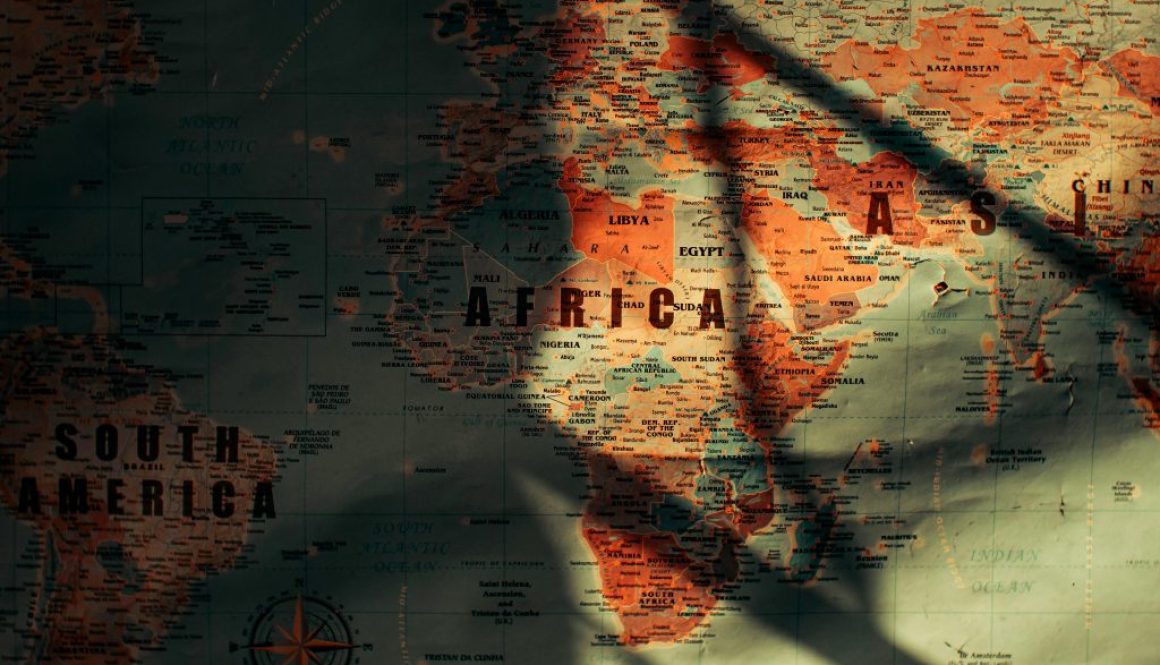Congolese journalists get death threats for holding power to account
 Authorities in the Republic of the Congo and the Democratic Republic of Congo (DRC) must ensure the safety, respectively, of journalists Rosie Pioth and Sadam Kapanda wa Kapanda.
Authorities in the Republic of the Congo and the Democratic Republic of Congo (DRC) must ensure the safety, respectively, of journalists Rosie Pioth and Sadam Kapanda wa Kapanda.
In Pioth’s case, this is following death threats for her reporting on the anniversary of the 1982 bombing of the Maya-Maya International Airport in the Republic of the Congo’s capital, Brazzaville. In Kapanda’s case, this is following death threats related to his coverage of the National Fund for the Repair of Victims of Sexual Violence and Crimes against Peace and Security of Humanity (FONAREV) in the DRC.
Angela Quintal, the Committee to Protect Journalists’ Africa Regional Director, said from New York that ‘the authorities of the Republic of the Congo must urgently investigate the threats against journalist Rosie Pioth and ensure she can continue her work without the looming possibility of being killed’.
‘Many journalists working in the Republic of the Congo self-censor out of fear of reprisal, and the possibility that these threats will go without adequate response may only entrench those fears’
Pioth, correspondent for the French government-owned outlet France 24 and director of the news site, Fact Check Congo, published an article on 17 July, the anniversary of the bombing, which detailed how, after 43 years, victims’ families continue to demand justice and compensation.
Pioth emphasised how the story of the bombing had been ‘erased’ with ‘No monuments. No textbooks. No national day. No public mention of this tragedy’. At the end of the report, she also announced intentions to publish further investigations on the bombing, which killed nine, and its aftermath.
The day after the article was published, unidentified individuals called and messaged death threats to Pioth, urging her to stop reporting about the bombing, according to Pioth and CPJ’s review of the messages. Pioth said her husband also received threatening messages directed at her.
‘[A]re you the one encouraging your wife towards media provocations? You have 72 hours to decide to stop your publications. I am watching all your movements, and the unpredictable is not far away, dear infiltrator,’ read one of the messages sent to her husband.
Pioth told CPJ that she went into hiding after the threats and intended to file a complaint with the prosecutor’s office in Brazzaville. The local professional association Journalism and Ethics Congo (JEC) also called for her protection.
CPJ’s calls and questions sent via messaging app to a Republic of the Congo government spokesperson and Minister of Communication and Media Thierry Moungalla did not receive a reply.
Kapanda received death threats from at least two local officials and two unidentified callers for his reporting on FONAREV for the privately owned broadcaster, Notre Chaîne de Radio and the Identitenews site.
Established by the government in 2022, FONAREV has worked in response to the Kamuina Nsapu rebellion that erupted in August 2016 in Kasaï province, which killed thousands and displaced millions. Kapanda’s reporting has alleged fraud, manipulation and nepotism by FONAREV Regional Coordinator Myrhant Mulumba, as Kapanda uncovered the identities of victims of the Kamuina Nsapu militias.
‘Journalists in the DRC too regularly face threats and intimidation from public officials. Authorities must investigate the death threats against journalist Sadam Kapanda wa Kapanda and ensure his safety,’ said Quintal.
‘Reporting on matters of public interest, especially amid conflict, is essential for those with power to be held accountable and for the public to be informed about issues and actors that affect their lives’
In separate calls and messages on 2 July 2025, Mulumba and Kasaï provincial Minister of the Interior Peter Tshisuaka threatened to kill Kapanda if he did not halt his critical coverage of the fund, according to the journalist and messages reviewed by CPJ. Kapanda said that Mulumba also offered him a job with the fund if he agreed to stop criticising their operations, which Kapanda refused.
Tshisuaka responded to CPJ’s request for comment by messaging app saying that, ‘The journalist does his job, and I do my job too, Kapanda should look for work elsewhere’.
A third, unknown caller on 2 July threatened to have Kapanda killed, Kapanda told CPJ. On 9 July, Kapanda said he received an additional death threat from an unidentified caller.
Around 2am on 15 July, two unidentified armed men arrived at Kapanda’s home and sought to enter, but fled when his neighbours began shouting, the journalist told CPJ. On 16 and 17 July, Kapanda received further death threats via phone calls and messages, copies of which CPJ reviewed.
Kapanda told CPJ that he was unaware of police having opened an investigation into the threats.
CPJ’s calls and messages to Mulumba went unanswered.
COMMITTEE TO PROTECT JOURNALISTS
PICTURE: Nothing Ahead/Pexels
These articles were first published here and here

